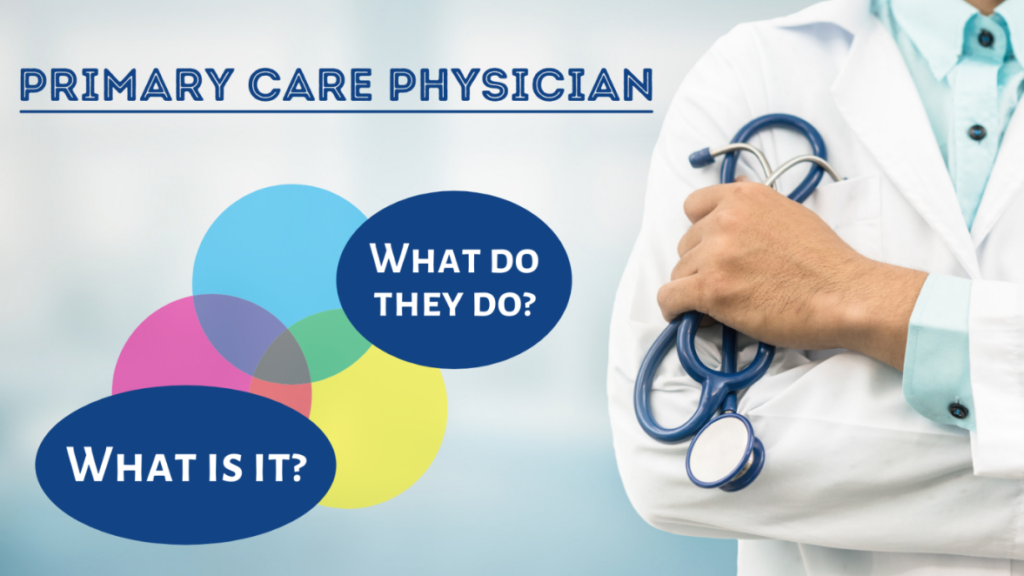Hormonal changes are a natural part of life, but for many women, the effects can feel anything but natural. The good news is that you don’t have to endure uncomfortable symptoms alone. Bioidentical Hormone Replacement Therapy (BHRT) offers an effective solution for women dealing with menopause, allowing you to regain control and feel more like yourself again. Here at Coachella Valley Direct Primary Care, our personalized approach makes navigating menopause a smoother, more manageable journey.
Read more: Coachella Valley Air Alerts: What They Mean for Your Health
 Understanding Menopause: The Stages and Symptoms
Understanding Menopause: The Stages and Symptoms
Menopause doesn’t happen overnight—it’s a process involving three distinct phases that most women will experience as they age.
1. Perimenopause
Perimenopause can start as early as your mid-30s and often lasts several years. During this time, estrogen and progesterone levels begin to fluctuate, and many women notice irregular periods. Common symptoms include hot flashes, mood swings, night sweats, and difficulty sleeping.
2. Menopause
Menopause is officially diagnosed after a woman has gone twelve consecutive months without a menstrual cycle. For most women, this occurs between ages 45 and 55. Symptoms often peak during this time and can include hot flashes, vaginal dryness, reduced libido, anxiety, and joint aches.
3. Postmenopause
Postmenopause is the phase following menopause, where hormone levels have settled at a lower level. Though some symptoms may lessen, women can still experience hot flashes or other discomforts. Postmenopausal women are also more at risk for conditions like osteoporosis and cardiovascular disease due to decreased estrogen levels.
Read more: How Does Low Testosterone Affect My Sex Drive?
Common Symptoms of Hormonal Changes
- Hot Flashes & Night Sweats: Sudden heat that spreads through the upper body, often followed by sweating.
- Mood Changes: Increased irritability, depression, or anxiety due to fluctuating hormones.
- Sleep Problems: Many women struggle with insomnia or waking up during the night.
- Vaginal Dryness: This often occurs as estrogen levels drop, leading to discomfort during intimacy.
- Reduced Libido: Decreased hormone levels can also reduce desire for sex.
- Fatigue & Low Energy: Hormonal changes can make it harder to maintain energy throughout the day.
Read more: The Surprising Health Benefits of Living in the Desert
How Bioidentical Hormone Replacement Therapy Can Help
 Bioidentical Hormone Replacement Therapy offers an effective solution to combat these symptoms. Unlike synthetic hormones, bioidentical hormones are designed to be chemically identical to those naturally produced by the body, offering a more natural way to restore balance.
Bioidentical Hormone Replacement Therapy offers an effective solution to combat these symptoms. Unlike synthetic hormones, bioidentical hormones are designed to be chemically identical to those naturally produced by the body, offering a more natural way to restore balance.
At Coachella Valley Direct Primary Care, our treatment process is designed to meet each woman’s unique needs:
- Pre-Visit Questionnaire: We start by understanding your symptoms and concerns through an in-depth questionnaire.
- Review of Health Records: Your health history is reviewed to ensure BHRT is the right option for you.
- Consultation: During a one-on-one consultation, we discuss your symptoms, expectations, and goals.
- Tests: Lab tests are conducted to determine hormone levels and identify any imbalances.
- Personalized Plan: Based on the results, we create a customized hormone therapy plan that’s right for you.
Read more: Coachella Cough and Festival-Related Health Concerns
Personalized Care, Every Step of the Way
We believe in an individualized approach because each woman’s experience with menopause is different. Whether you’re navigating perimenopause or adjusting post-menopause, we’ll support you with a holistic, integrative treatment plan that prioritizes your comfort and well-being.
Read more: What Does a Sudden Change in A1C Mean?
Ready to Take Charge of Your Health?
Don’t let hormonal changes control your life—reclaim your balance with Coachella Valley Direct Primary Care. Contact us today to schedule a consultation and take the first step toward feeling like yourself again.
Call (760) 642-5549 or visit Coachella Valley DPC to book an appointment.
Frequently Asked Questions (FAQ)
What are bioidentical hormones?
- Bioidentical hormones are compounds that are chemically identical to the hormones produced naturally by your body. They’re typically derived from plant estrogens and are used to address imbalances during menopause.
How is BHRT different from traditional hormone therapy?
- BHRT uses hormones that are biologically identical to your natural hormones, unlike traditional hormone therapies that use synthetic forms. This similarity can lead to better results and fewer side effects for some women.
How soon will I notice results?
- Most women start feeling the benefits of BHRT within a few weeks, but it may take up to three months for full effects. Your treatment will be adjusted as needed to ensure the best possible results.
Are there any risks involved?
- Like any medical treatment, BHRT does carry some risks. However, our personalized approach at Coachella Valley Direct Primary Care focuses on ensuring the therapy is right for you and monitoring progress closely to minimize any potential side effects.
How often do I need to come in for treatment?
- The frequency of visits varies depending on your unique plan, but most patients have regular follow-ups to ensure the therapy is working as expected and to make any necessary adjustments.
Who is a good candidate for menopausal hormone therapy (MHT)?
- MHT is the most effective treatment for hot flashes/night sweats and also helps genitourinary syndrome of menopause (GSM) and prevents bone loss. For healthy, symptomatic women <60 or within ~10 years of menopause, the overall benefit–risk is generally favorable with shared decision-making and periodic review. If you have a uterus, you’ll usually need estrogen + progestogen to protect the endometrium.
Is MHT safe—what are the main risks and how do I lower them?
Risk depends on age, time since menopause, dose, route, and duration. Key points:
- Clots (VTE): Oral estrogen raises VTE risk more than transdermal routes; patches/gels are often preferred when VTE risk is a concern.
- Breast cancer: Risk differs by regimen and personal history; discuss individual factors with your clinician.
- Not for disease prevention: Don’t use MHT to prevent chronic conditions (heart disease, dementia, etc.).
Are “bioidentical” hormones safer than traditional HRT?
- Many FDA-approved products (e.g., estradiol, micronized progesterone) are bioidentical. That’s different from compounded hormones made in specialty pharmacies. Major societies advise not using compounded bioidentical hormones routinely when FDA-approved options exist due to variable dosing/quality and limited safety data.
How fast will I feel better, and how long should I stay on therapy?
- Many feel hot-flash relief within weeks; reassess at 6–12 weeks to adjust dose/route and monitor effects. Continue lowest effective dose with periodic re-evaluation (needs vary over time).
I only have vaginal dryness/pain with sex—do I need systemic hormones?
- Not necessarily. Local (low-dose) vaginal therapies—estrogen, DHEA, or ospemifene—are effective first-line options for GSM and typically have minimal systemic absorption; long-term endometrial safety data are still being refined, so follow guidance and monitoring.




